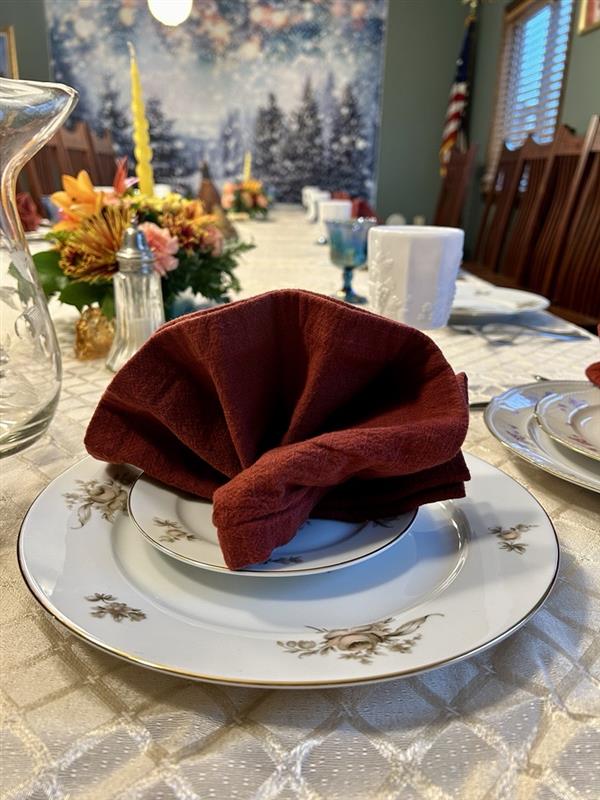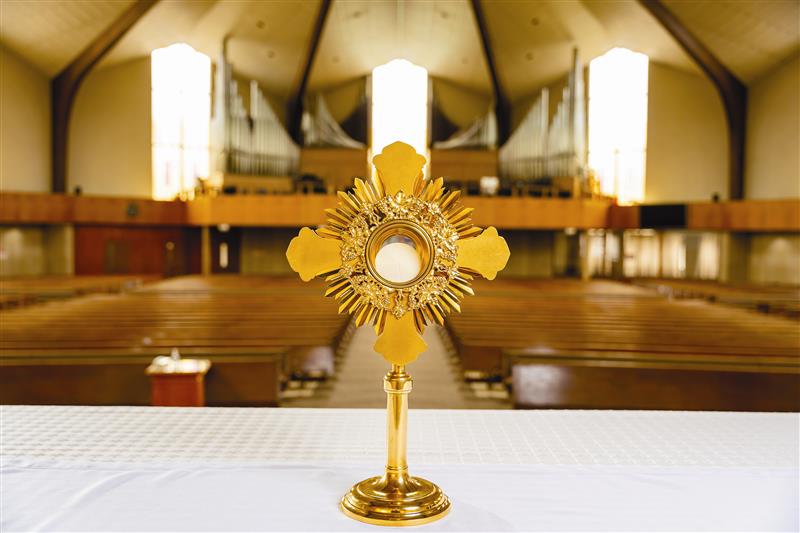There’s something about Thanksgiving that reminds me that life itself is built from simple, everyday moments – the good, bad, and sad moments. All of these moments can reveal God’s presence in my life, often long before I’m able to recognize it. Particularly during Thanksgiving time, when most of the world seems to automatically relate gratitude to Thanksgiving, there are years when I find myself gravitating to the negative moments.
When these moments freshly enter my mind, I can find myself thinking about past Thanksgivings when gratitude didn’t come easily—the years when I felt worn out or hurt, when I smiled at the table even though it didn’t reflect how I really felt. The holidays after losing family members, after relationships fell apart earlier in the year, or when I faced the disappointment of goals I hadn’t met. Maybe this is one of those years for you. Maybe the past few months have taken more from you than they’ve given. If that’s the case, I want to say this gently: you’re not failing at gratitude. You’re human.

It took me a long time to really believe this, but I think God understands our struggle with gratitude more than we do. Jesus Himself knew what it was like to face sorrow and loss. Yet Scripture tells us that at the Last Supper, He gave thanks. He broke bread while His own heart was uncertain. He lifted the cup knowing what the next hours would hold. And still, He chose to offer thanksgiving instead of dwelling on the difficulty. That moment has become something I return to when my own heart feels fragile: Jesus didn’t wait for perfect circumstances to give thanks. He brought thanksgiving into His Passion.
This is one of the reasons the Eucharist has become so precious to me, especially around Thanksgiving. On the altar, Jesus invites me to bring Him my disappointments and stress—but also my joys and hopes. He receives them gently, the way He receives the simple bread and wine. And then, mysteriously, He multiplies grace in ways I can’t always see.
The Eucharist is God whispering: You do not have to feel full to receive Me. You do not have to feel strong to be loved. You do not have to feel thankful to belong to Me.
Sometimes the truest thanksgiving I can offer is simply approaching the altar, aware of all the pieces of my heart I’ve gathered clumsily in my hands.

And often, thanksgiving grows out of the small and simple everyday work my hands take on. Mother Teresa said, “We can do no great things, only small things with great love.” I think of that as I move through the room. Setting out silverware, stirring a pot, wiping the counter—these small acts during Thanksgiving are tiny offerings of love and prayers in motion. Setting out silverware, stirring a pot, wiping the counter—these small tasks are quiet acts of love. And as I do them every year, I’ve noticed that the feeling of loss when thinking of those empty chairs or the struggle to be grateful eases a bit, replaced—at least for a moment— by the steady reminder that love, and gratefulness is still possible right where I am.
Of course, the empty chairs are still part of my life and every family has their chairs left empty because of loss, distance, separation, illness, or time. For me, noticing those chairs now is a quiet reminder to pause and pray, “Lord, thank You for still loving them. Thank You for holding them close. Thank You for being the One who can bring comfort even in the empty spaces.”

As Thanksgiving evening winds down and the house finally quiets, I notice a different kind of fullness settling in. It’s not from the food—it’s from realizing that God has been holding all the parts of my life, the good and the hard, the whole time. Gratitude doesn’t magically fix everything, and it doesn’t make the hard parts disappear. But it does shift my perspective just enough to see that I’m not walking through any of it alone. And even on the days when I don’t feel thankful, I can usually recognize, in a steady and simple way, that there are still real things to give thanks for—because God has been faithful through every season, even the messy ones.

